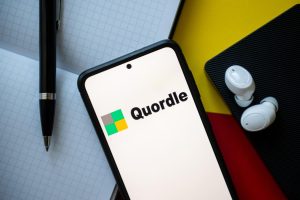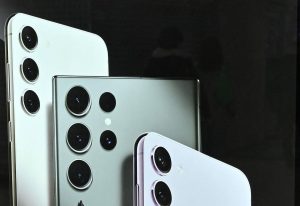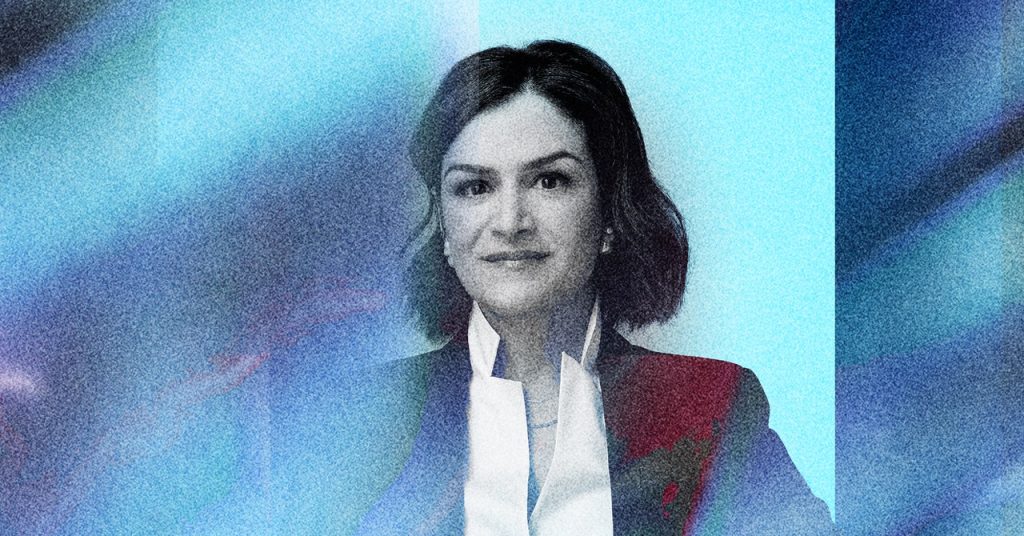Lauren: A shameless plug is the only kind of plug.
Gideon: I agree.
Lauren: And I am here for it.
Gideon: Recently we launched a new series for the magazine that includes long in-depth interviews with people we think are especially interesting. When you pick up the July issue of WIRED, as I know you will, you’ll see interviews with some very big names.
Lauren: That’s right. And we’re not going to give them all away. But as part of this series, I had the chance to go to New York last month and spend a couple of days with Sima Sistani, and ask her about WeightWatchers’ renewed mission.
Gideon: Renewed mission. You sound a little skeptical.
Lauren: Well, WeightWatchers has this interesting history. It started back in the 1960s. It was popularized by women meeting up in living rooms, sharing tips on weight loss. So from the beginning, the emphasis was on weight, and it was a membership model. It has other revenue streams too, like it sells packaged foods. And actually from the late ’70s to late ’90s, it was owned by Heinz.
Gideon: As in “Beanz Meanz Heinz.”
Lauren: Well, I was thinking the ketchup company, but what is that? “Beanz Meanz Heinz”?
Gideon: Oh, that’s, that’s how they advertise it in the UK. When I was growing up, the baked beans. “Beanz Meanz Heinz.”
Lauren: Oh. Oh, OK. So sure. The baked beans Heinz. At some point the company was spun out again. And then in 2018, WeightWatchers pivoted to wellness. Wellness because we were all becoming very interested in wellness.
Gideon: Thank you. Gwyneth Paltrow.
Lauren: Yes. Gwyneth Paltrow probably deserves some credit for that trend. The company also changed its name in 2018 to WW because it was—
Gideon: Because the whole concept of weight had become toxic.
Lauren: That’s right. There was a lot of conversation about—
Gideon: Body shaming.
Lauren: Body shaming. Body acceptance. Exactly. And the implication in WeightWatchers was that you are supposed to lose weight and so the company said “weight” was not the word we want to use anymore. We’re WW: We are all about wellness.
Gideon: And how did that go?
Lauren: The pivot didn’t go so well. Yeah. And then the pandemic really didn’t help things.
Gideon: Right. Kind of hard when your whole strategy is in-person meetings.
Lauren: Mm-hmm. And when it’s foundational to your whole business. So, when Sima was brought on in early 2022 to run the company, she basically decided to return WeightWatchers to its original mission, which is weight management. But she also had to make it much more compelling as a digital business because we’re just not in the habit of in-person meetings as much anymore.
Gideon: OK. And how did Sima’s career set her up for this?
Lauren: Ah, good question. So she actually does have a background in social media growth. She worked as the head of media at Tumblr. And then was CEO of a live video chatting app called Houseparty. Have you ever used Houseparty?
Read the full article here










